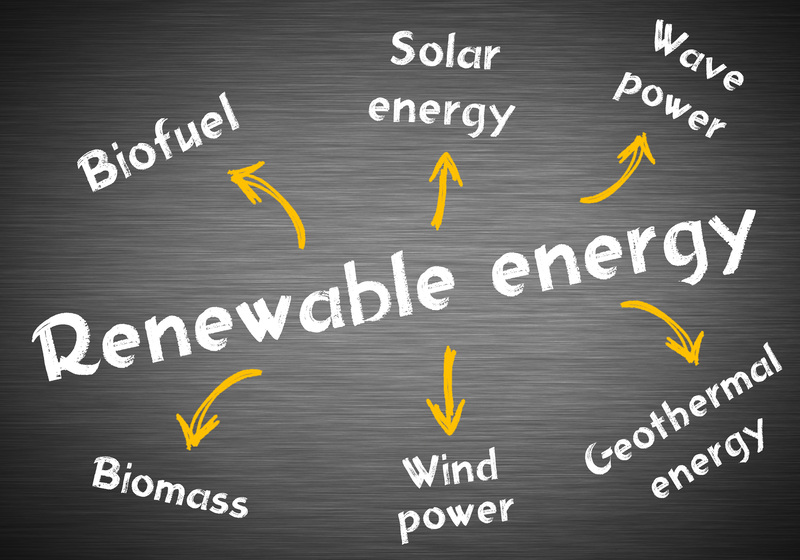Successful collaboration between government and industry in promoting e-waste recycling
Posted on 14/05/2025
The Role of Government
The government plays a critical role in promoting e-waste recycling by implementing laws and regulations that set standards for responsible handling and disposal of electronic waste. For instance, many countries have enacted legislation that requires manufacturers to take back their products at the end of their life cycle for proper recycling and disposal. These regulations not only hold manufacturers accountable for their products but also encourage them to design products with recyclability in mind.
Furthermore, governments can provide financial incentives or subsidies to industries that invest in e-waste recycling initiatives. This not only motivates companies to participate in recycling efforts but also helps cover the costs associated with handling and processing e-waste. Governments can also collaborate with international organizations such as the United Nations Environment Programme (UNEP) to develop global strategies for managing e-waste.

The Contribution of Industry
Industry involvement is equally crucial in promoting e-waste recycling. As key stakeholders in the production of electronics, industries have the resources and expertise needed to effectively tackle the growing issue of e-waste. By incorporating environmentally-friendly practices into their supply chain, companies can reduce the environmental impact of their products and promote sustainable production.
Moreover, through collaborations with government agencies, industries can establish efficient collection systems and ensure that collected e-waste is handled responsibly. They can also utilize their marketing prowess to raise public awareness about the importance of recycling electronic waste and encourage consumers to dispose of their old electronics properly.
The Benefits of Collaboration
The successful collaboration between government and industry in promoting e-waste recycling has numerous benefits. Firstly, it helps reduce the amount of electronic waste that ends up in landfills, which in turn reduces pollution and health risks associated with toxic components found in electronic devices. It also promotes responsible resource management as e-waste contains valuable materials that can be recovered through recycling.
Moreover, collaboration between government and industry creates a more efficient and sustainable approach to managing e-waste. With the combined efforts of both parties, collection systems can be established, making it easier for consumers to recycle their electronics. This not only reduces the burden on individuals but also increases the efficiency of the recycling process.
The Downside
While there are many advantages to collaboration between government and industry in promoting e-waste recycling, there are also some drawbacks. One issue is the lack of standardization and consistency in regulations across different countries. This can lead to confusion and gaps in e-waste management practices.
Another downside is the cost involved in establishing and maintaining proper e-waste recycling facilities. In some cases, this may pose a challenge for smaller industries with limited resources to invest in such initiatives.
Tips for a Successful Collaboration
To ensure a successful collaboration between government and industry in promoting e-waste recycling, here are some tips to consider:
1. Establish clear guidelines and regulations: Effective communication between government agencies and industries is crucial for developing consistent and effective guidelines for e-waste management.
2. Create financial incentives: Governments can provide financial incentives or subsidies to companies that invest in e-waste recycling initiatives. This can help cover the costs involved and encourage more industries to participate.
3. Foster partnerships: Government agencies and industries should work together to establish partnerships based on trust, transparency, and mutual understanding of each other's roles and responsibilities.
4. Raise public awareness: Collaborations can also include public outreach programs to educate the general population about the importance of recycling e-waste and how they can participate.

The Takeaway
Successful collaboration between government and industry in promoting e-waste recycling is essential for achieving sustainable development goals. It not only helps mitigate the environmental and health impacts of electronic waste but also promotes responsible resource management. By working together, governments and industries can establish efficient and sustainable solutions for managing e-waste.
Conclusion
In conclusion, e-waste recycling is a pressing global issue that requires the combined efforts of both government and industry. Through effective collaboration, key stakeholders can establish regulations, develop collection systems, and raise public awareness to promote responsible handling and recycling of electronic waste. While there are challenges and drawbacks to consider, the benefits of cooperation far outweigh any negatives. With continued collaboration, we can create a more sustainable future for generations to come.
Latest Posts
Essential Tips for Managing Organic Waste






